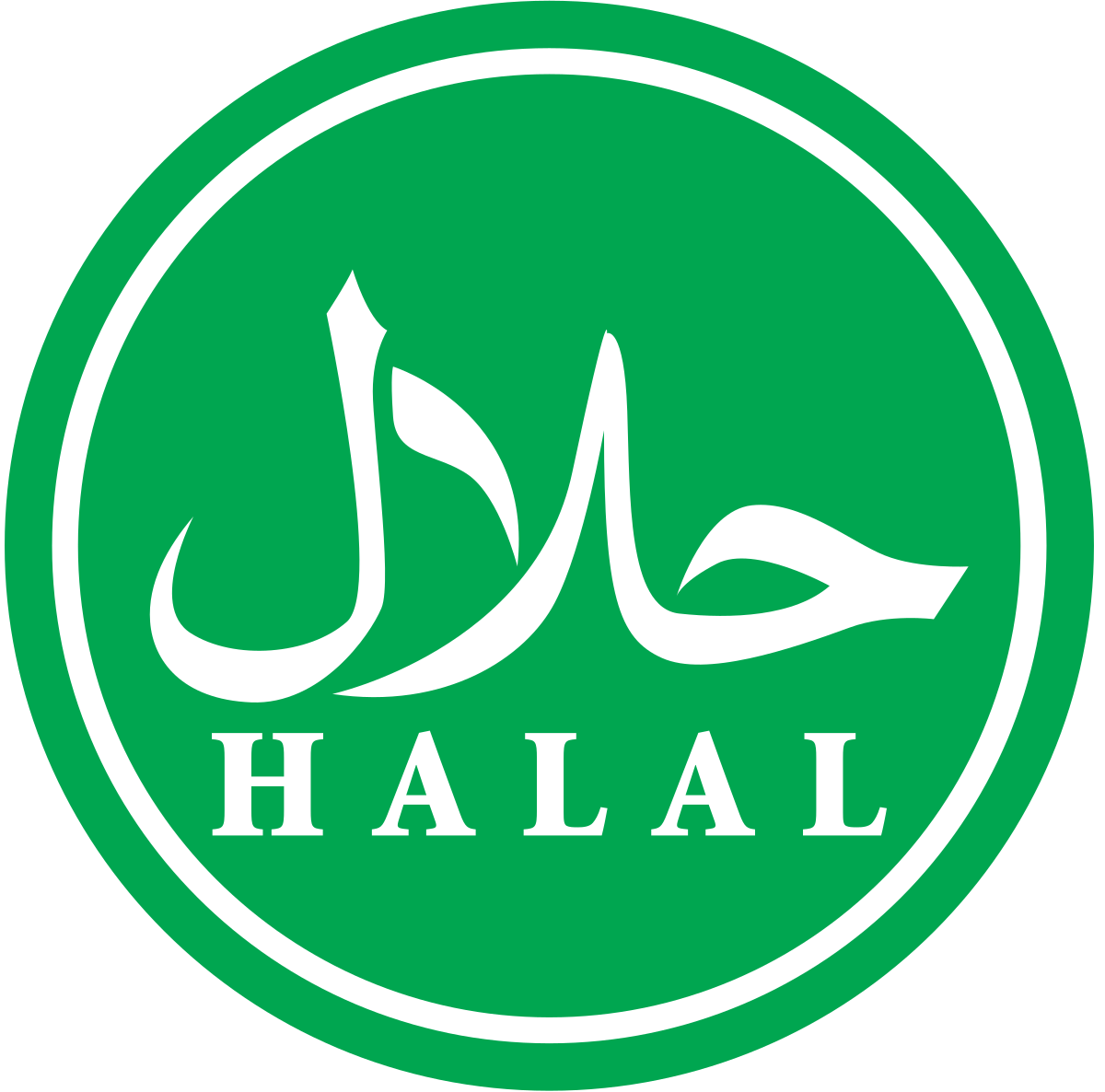Halal certification is a vital aspect for Muslim consumers who wish to ensure that the products they purchase align with Islamic dietary laws. It signifies that a product has been prepared and processed in compliance with the principles of Islamic law, or Shariah. Obtaining Halal certification helps businesses cater to the growing demand for ethically produced goods and enhances consumer trust in their products.
What is Halal Certification?
Halal certification refers to the official approval granted to a product or service that adheres to the guidelines of Islamic law. In the context of food, this means that the ingredients, processing methods, and handling procedures used in manufacturing the product are in accordance with Halal standards. Products with Halal certification are free from haram (forbidden) ingredients such as alcohol, pork, and certain additives.
The Importance of Halal Certification
The Halal market is vast and spans various industries beyond food, including cosmetics, pharmaceuticals, and even financial services. As the global Muslim population continues to grow, so does the demand for Halal-certified products. For businesses, Halal certification offers several advantages:
- Access to a Larger Market: Halal products are required in many Muslim-majority countries and are increasingly popular in non-Muslim countries due to the global movement for ethical consumption.
- Consumer Trust: Products with Halal certification offer transparency and instill trust among Muslim consumers, as they can be confident that the products align with their values.
- Compliance with Regulations: In some countries, especially in regions with significant Muslim populations, Halal certification may be required to legally sell certain products in the market.
The Process of Obtaining Halal Certification
To obtain Halal certification, businesses must undergo a detailed process to ensure their products meet Halal requirements. This process may vary slightly depending on the certifying body, but generally includes the following steps:
1. Application Submission
The first step involves the business submitting an application to a Halal certification body. The application provides details about the product, ingredients, manufacturing process, and any other relevant information.
2. Inspection and Audit
A Halal certification organization will conduct a thorough inspection of the production facility. This includes reviewing the sourcing of ingredients, the manufacturing process, equipment used, and sanitation practices to ensure they adhere to Halal standards.
3. Evaluation of Ingredients
An essential part of Halal certification involves evaluating the ingredients used in the product. Haram ingredients, such as pork or alcohol, must be completely absent from the product. In addition, all additives and flavorings must be sourced from Halal-compliant suppliers.
4. Issuance of Certification
Once the evaluation and inspection processes are complete, and the product meets all requirements, the Halal certification will be granted. The product will then be authorized to display the Halal certification logo on its packaging, which signifies that it complies with Islamic dietary laws.
5. Ongoing Compliance
Halal certification is not a one-time process. To maintain certification, businesses must ensure that their products continue to meet Halal requirements. Periodic audits and inspections will be conducted to verify ongoing compliance.
Different Types of Halal Certification Bodies
Various organizations across the globe are responsible for Halal certification. These bodies are generally recognized within specific regions or countries. Some prominent Halal certification bodies include:
- JAKIM (Malaysia): The Department of Islamic Development Malaysia, known as JAKIM, is one of the most well-known Halal certification organizations.
- HFA (UK): The Halal Food Authority is a prominent certification body in the United Kingdom, ensuring that food products meet Halal standards.
- ICM (Indonesia): The Indonesian Council of Ulama (Majelis Ulama Indonesia or MUI) certifies Halal products in Indonesia.
Benefits of Halal Certification for Businesses
For businesses in the food industry, obtaining Halal certification can provide a significant edge. It opens doors to a wider consumer base, not only from Muslim-majority countries but also from non-Muslim consumers who are drawn to the ethical and health-conscious nature of Halal products. Some benefits include:
- Market Expansion: Halal-certified products have access to international markets, particularly in the Middle East, Southeast Asia, and parts of Africa.
- Reputation Building: Certification enhances a company’s reputation as a responsible and ethical entity.
- Compliance with International Standards: As Halal certification is recognized worldwide, businesses can prove compliance with international food safety and ethical standards.
FAQs About Halal Certification
What does Halal certification mean?
Halal certification means that a product complies with Islamic dietary laws and is free from any haram (forbidden) ingredients or processing methods.
Can non-Muslims consume Halal-certified products?
Yes, Halal-certified products are generally considered to be ethically produced and free from harmful ingredients, which makes them appealing to people of all backgrounds.
Is Halal certification required by law?
Halal certification is not required by law in most countries, but it is often necessary for products to be sold in Muslim-majority countries or to cater to Muslim consumers.
Can a company apply for Halal certification if their products contain alcohol?
No, products that contain alcohol cannot be Halal-certified because alcohol is considered haram in Islamic dietary laws.
How long is Halal certification valid?
Halal certification typically lasts for one to three years, depending on the certifying body, but businesses must undergo regular inspections to maintain their certification.
In conclusion, Halal certification is essential for ensuring that products meet Islamic standards, fostering trust among consumers, and offering businesses access to a growing global market. The process is thorough and requires businesses to consistently adhere to strict guidelines to maintain their certified status. As the demand for Halal products continues to rise, certification plays an integral role in business strategy and consumer satisfaction.



